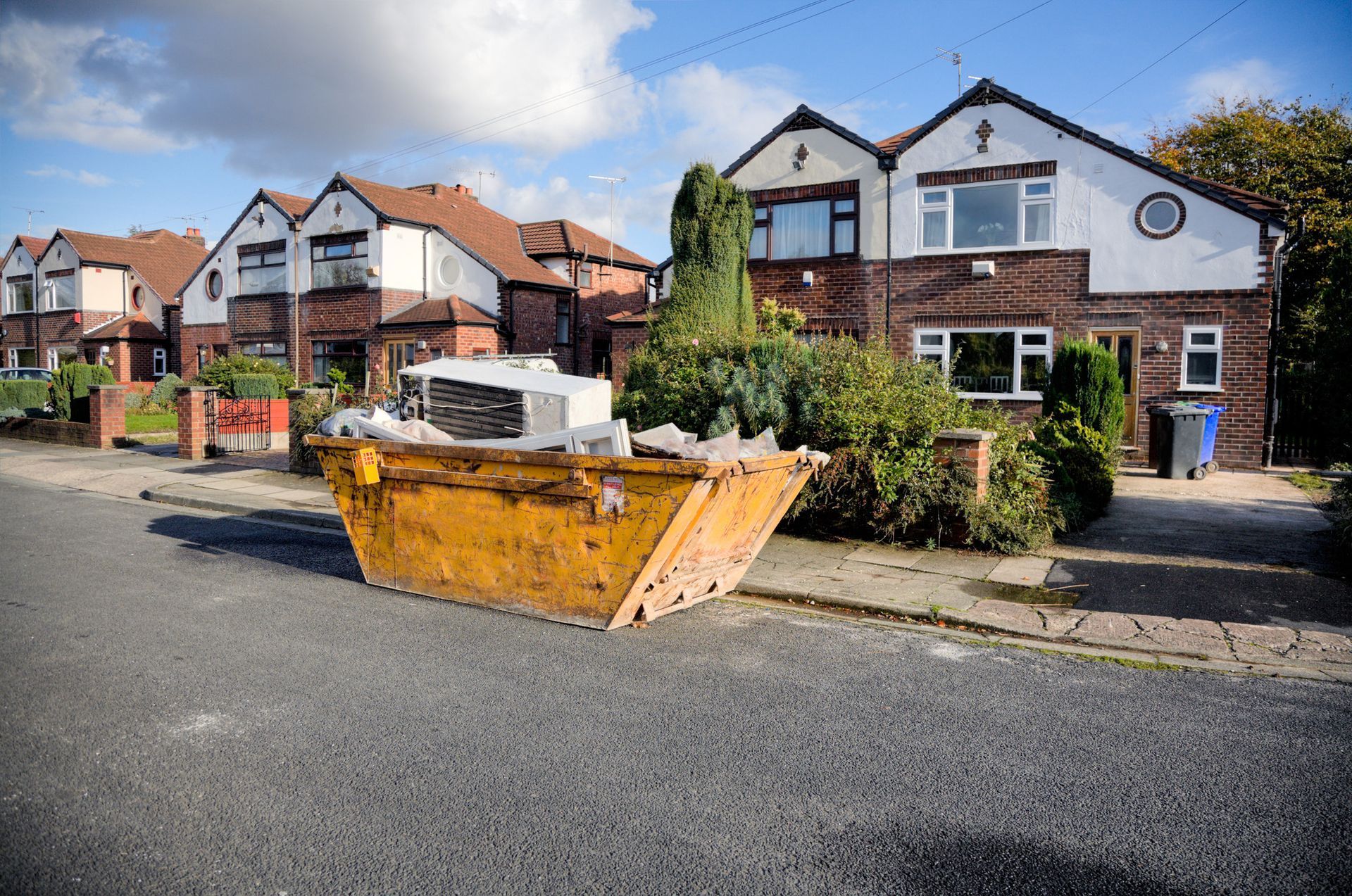November 13, 2024
With property prices rising and moving costs increasing, the experts at Yell have found that more homeowners in the UK are opting for home improvements rather than relocating. This trend, driven by factors such as rising property prices and the growing costs of buying a new home, has seen more people investing in remodelling and extending to create their dream homes where they already live. Research from TSB reveals that two in five (41%) homeowners would prefer to build an extension than move house. According to Pepper Money’s Specialist Lending Study , 41% of those surveyed said affordability of properties is preventing them from moving to a larger home elsewhere and that 51% are considering a secured loan to make home improvements. With Google searches for “planning permission” up YoY in the UK, and “home improvement ideas” up 9900% this month, for many, redeveloping a home offers a more practical solution to moving home. Rather than facing the expenses of moving and the challenges of relocating, homeowners can transform their spaces to better meet their needs and preferences. From adding extra rooms or modernising kitchens to creating open floor plans or upgrading the home’s energy efficiency, these improvements not only add value to a property but also improve daily life. However, what many homeowners may not realise is that there is a planning permission postcode lottery going on across the country. In 2024, it’s harder than ever to get approval on your property, with approval rates at an all-time low. While you may expect that adding an extension to your home or converting a loft space may be a relatively straightforward option – your location could have an impact on the decision made. With this in mind, experts at Yell have reviewed planning applications across England from July 2023 to July 2024 to compile a list of the best and worst locations for planning approval, highlighting which areas make it easiest – and hardest – to secure planning permission for your home. 86% of all planning applications in England have been granted in 12 months With more homeowners opting for redevelopment, planning applications across England have remained high, with 327,217 applications submitted from Q3 2023 to Q3 2024. Despite the high volume, England has maintained an 86% approval rate for these applications, making it an attractive option for those looking to upgrade their homes. However, it’s clear there are regional inconsistencies and some areas are seeing more favourable outcomes when it comes to planning permission. The South East is revealed as the region with the most applications, receiving 66,795 in the 12 months – demonstrating a high demand for home updates and development in the area. Gosport in the South East leads in approval rates, with 99% of applications granted, while Barking and Dagenham trail behind with the lowest approval rate at 61%, signalling potential challenges in that locality. Approval rates also vary across regions, with the North East boasting the highest at 91%, compared to London’s more selective 80% approval rate. Householder development approvals are down year-on-year Of the 327,217 applications this past year, 167,604 were for householder developments. These are residential planning applications that are within a residential property and are not a change of use. Examples of householder developments include extensions, garages, swimming pools, walls, fences, vehicle accesses, porches, satellite dishes, loft conversions, and dormer windows. If you're considering a home renovation or addition, understanding the trends in planning applications can offer valuable insights – and it’s clear that planning approval rates are shifting across England. In the past year, 148,406 planning applications were approved, accounting for 89% of decisions made. While this is still high, it reflects a slight dip from the 91% peak seen in 2021. The North East is the region with the highest percentage of planning approvals The South East remains a hotspot for home improvement projects, with 32,922 householder applications granted – leading the country in volume. This is followed by London (21,490) and East of England (20,207). However, in the North East, while having a lower number of applications, it’s the region with the highest percentage of approvals at 94%, making it an ideal region if you're looking for a smooth approval process. Regions with the highest number of granted planning







